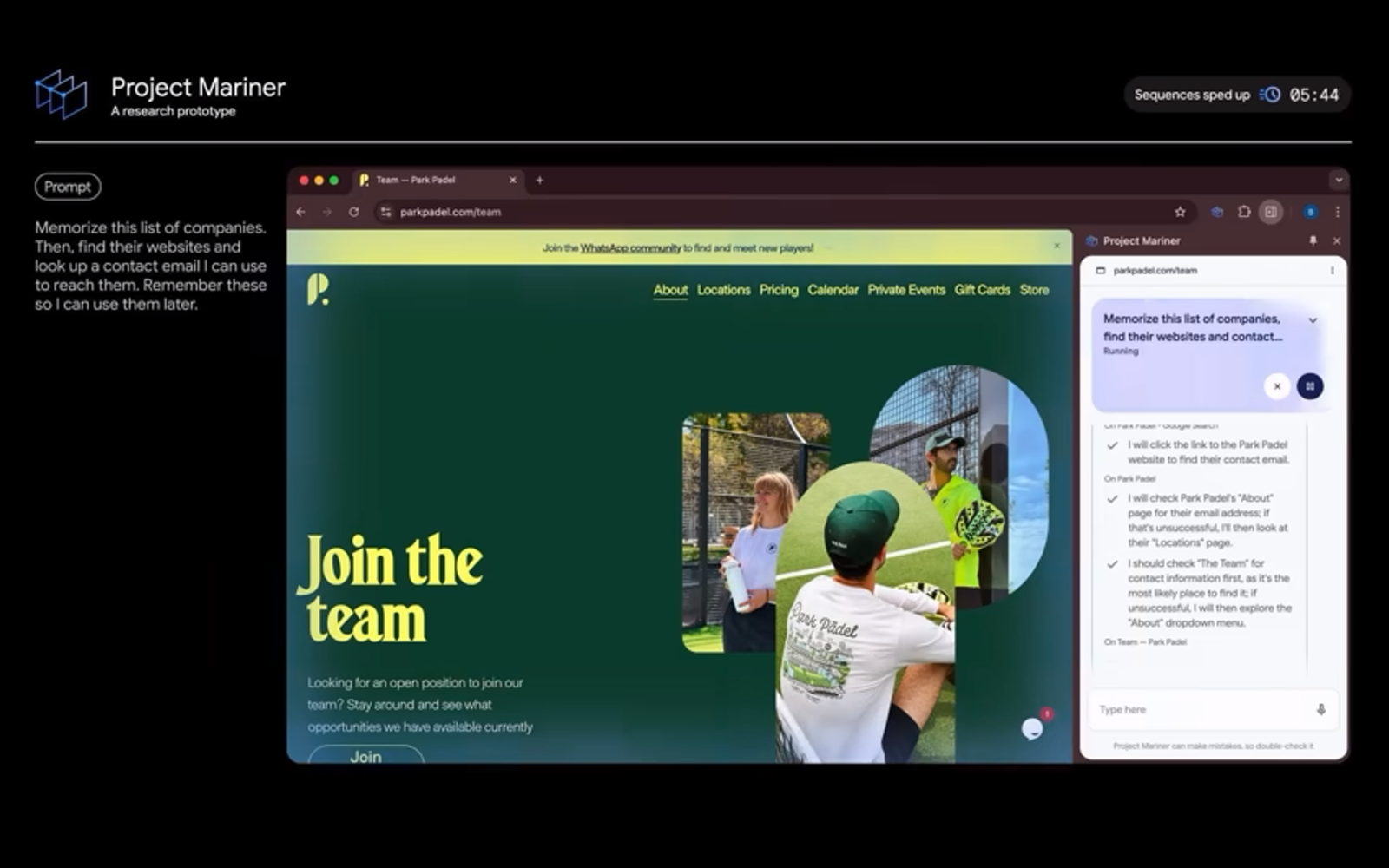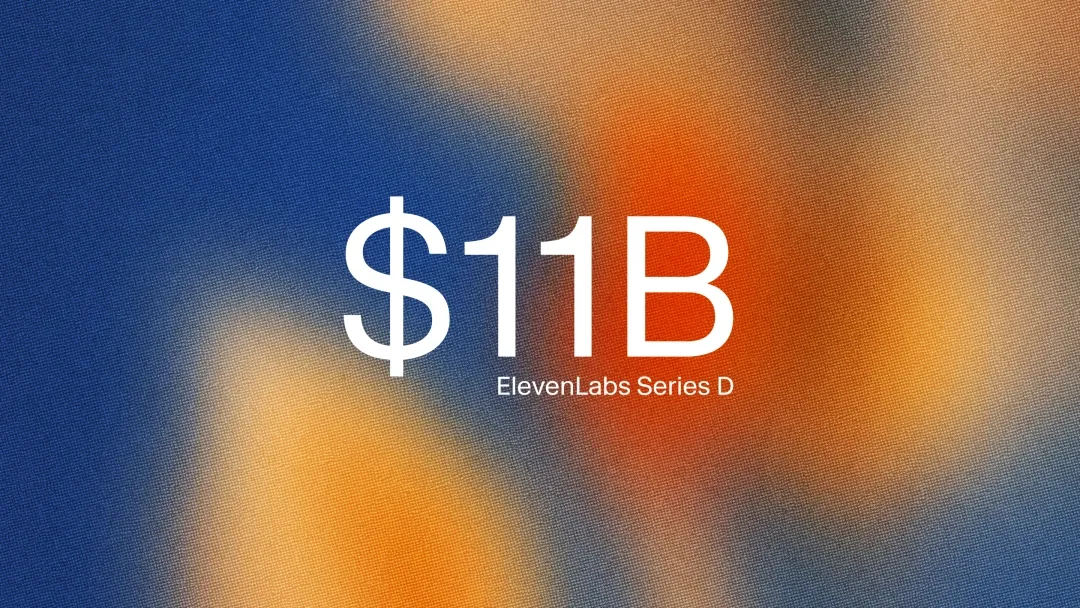Google unveiled several Gemini-powered agents in parallel with its recent announcement of the upcoming Gemini 2.0 model family. Some, like the Deep Research agent, are already available for some users, while others have no set release date and are accessible via a waitlist. Project Mariner is an agent prototype intended to browse the web autonomously and falls into the latter category. According to Google, Project Mariner combines Gemini 2.0's advanced multimodal understanding and reasoning capabilities to process the contents of a browser screen, including pixels, text, and images to automate certain browsing tasks.
Project Mariner scores a state-of-the-art 83.5% in the WebVoyager benchmark, an evaluation designed to test the capabilities of AI systems for completing real-world tasks related to web browsing. Google claims that although Project Mariner may sometimes be inaccurate and is currently slow to complete tasks, the prototype proves that an AI agent can navigate within a browser. The company expects Project Mariner's capabilities to improve over time.
Google also says it has adopted a careful approach that puts safety first when building this type of agent. Project Mariner can only act (type, scroll, or click) in active browser tabs and must obtain a user's confirmation before performing sensitive tasks like filling out credit card details or purchasing things. Moreover, Project Mariner cannot accept cookies or sign terms of service agreements on behalf of users. Most of these decisions were made so that the agent remains supervised by a human at all times.
Although knowing that Project Mariner still needs to be closely supervised may temporarily relieve the concerns of website owners who have objected to other Google projects like AI Overviews because they divert much-needed engagement from the original content sources, the shadow of automation still looms heavy. After all, if Project Mariner achieves its goal of automating the tasks users need to undertake to engage with a website, we may be progressing towards a future where humans will not need to engage with websites.
In addition to Project Mariner, Google is granting waitlist access to Jules, an AI-powered coding agent that can automate some Python and JavaScript tasks, like fixing bugs, within a GitHub workflow. The company also shared updates on agents that can reason about games, which it is building with feedback from game developers like Supercell and its plans to apply Gemini 2.0's spatial reasoning skills to robotics to build agents that can interact with the physical world.







Comments